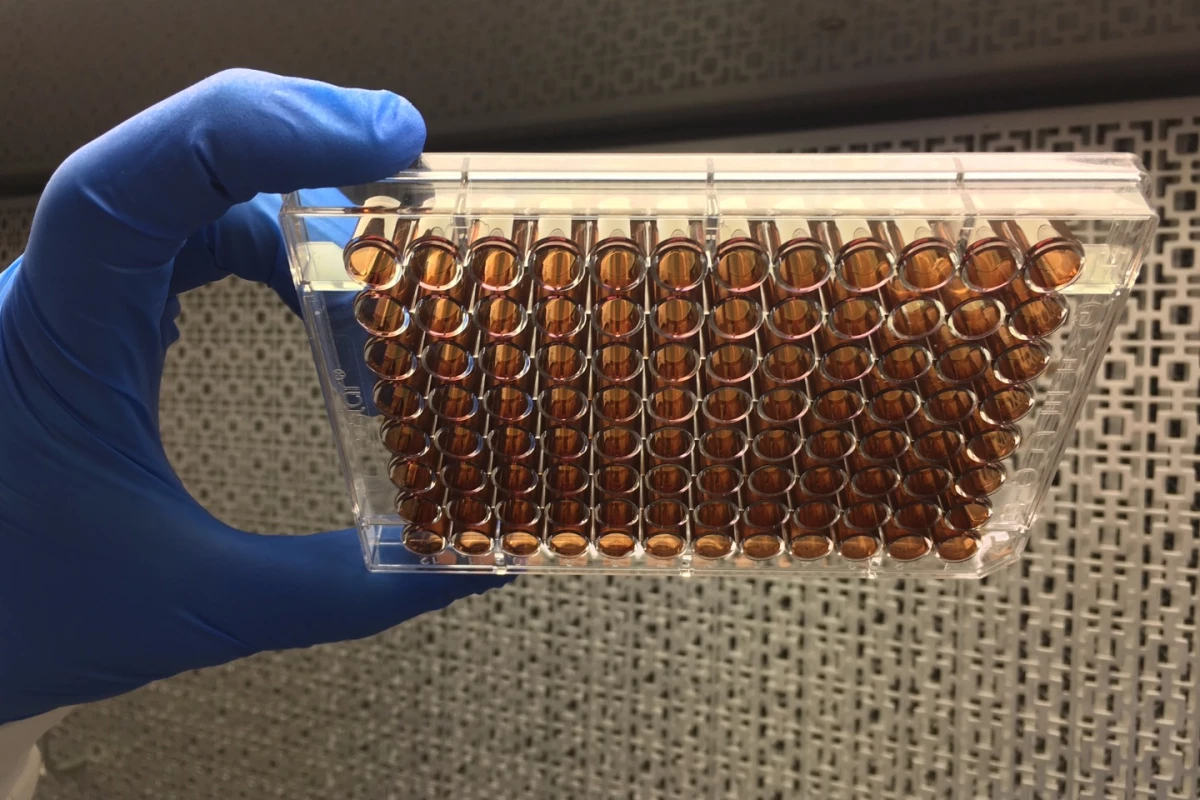Prebiotic compounds that promote the growth of microorganisms, such as bacteria and fungi, can be traced back billions of years to their origins in the primordial goo – a rich soup of compounds from which all organic life on Earth is theorized to have begun. Now, scientists at Australia's CSIRO have discovered just how good a rich broth of these early molecules may be at improving the acceptance of implanted medical devices in the human body.
Whilst many hundreds of thousands of people receive medical implants such as bone replacements, catheters, and pacemakers each year, a proportion of patients find that their bodies try to reject these artificial devices due to a lack of biocompatibility. CSIRO claims to be the first organization to carry out systematic investigations into solving this problem with workable applications using prebiotic chemistry.
"The human body is a complex system so there is a lot to consider when implanting artificial parts. Reducing the likelihood of infection and ensuring the body doesn't reject implants are ongoing medical challenges," says Dr. Richard Evans from CSIRO. "That's why coatings on these implants are needed to help them to do their job. We wanted to use these prehistoric molecules, which are believed to have been the source of all life evolving on Earth, to see if we could apply the chemistry in a practical way."
To test their theory, the researchers applied a uniform coating of the primordial goo compound to various substrates and discovered that the coating is "bio-friendly," meaning that cells readily thrive on the material and spread out to colonize it. The goo is also naturally adhesive, so it sticks to most surfaces.

According to the researchers, the coating process itself is simple to achieve and utilizes common processes and readily-available materials. As a result, the team believes that manufacturers of biomedical products could easily replicate and improve these methods for even better results and more cost-effective production.
"The non-toxic coating is adhesive and will coat almost any material making its potential biomedical applications really broad," says Dr. Evans.
Research was also conducted with adding silver compounds to the mix, to help create an antibacterial covering that can be used on such devices as catheters and other insertable devices to help circumvent infection.
"Other compounds can also be added to implants to reduce friction, make them more durable and resistant to wear," adds Evans.
CSIRO is currently looking to partner with biomedical manufacturers to discover ways to take advantage of this new technology.
The results of this research were recently published in the Nature journal Asia Materials.
In the video below from CSIRO, the researchers explain their work.
Source: CSIRO







